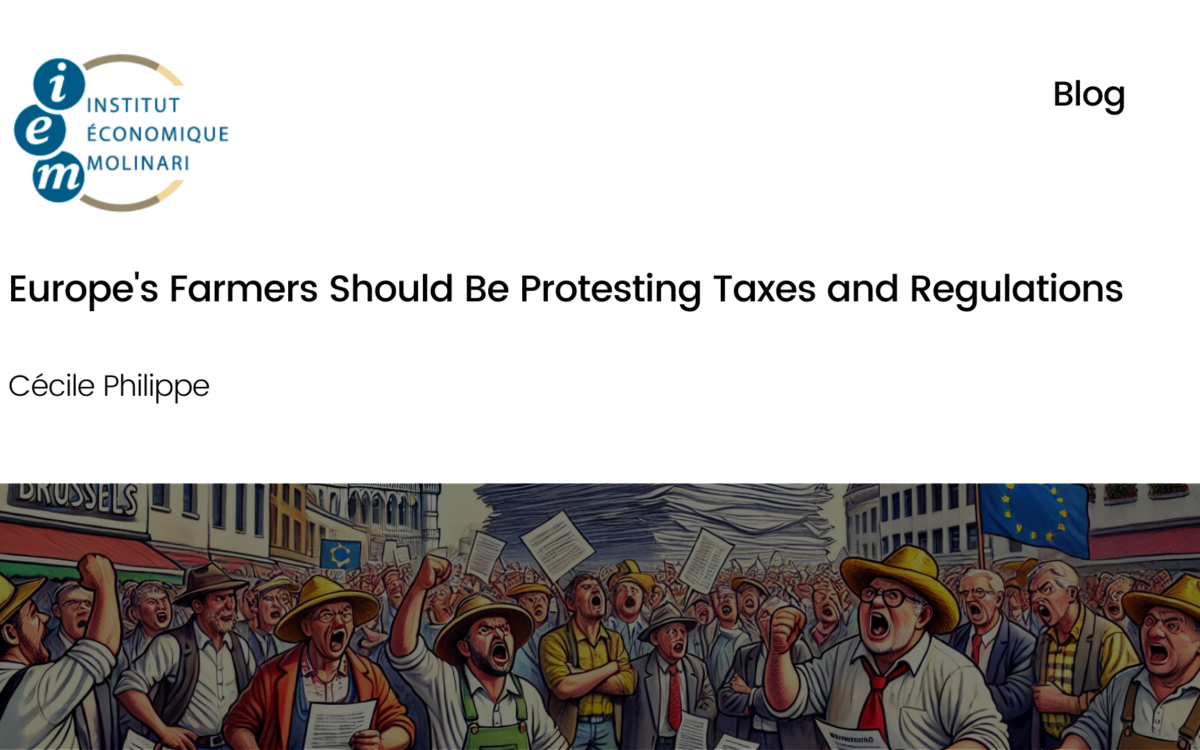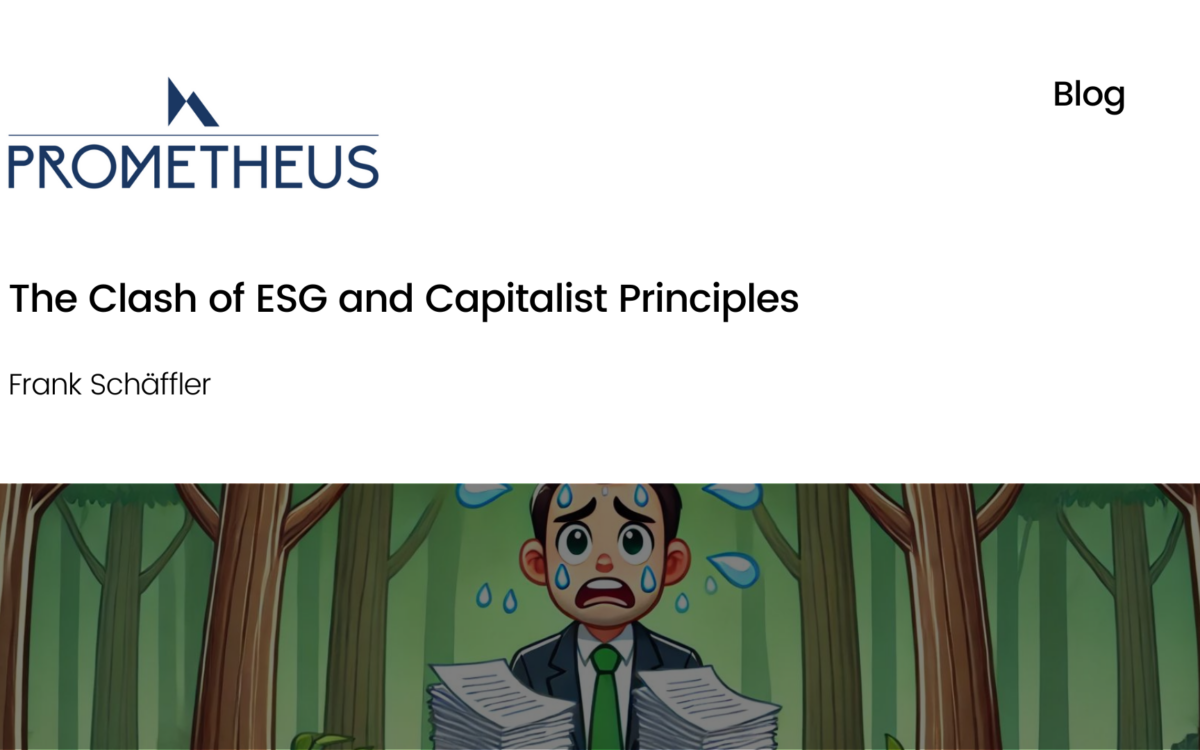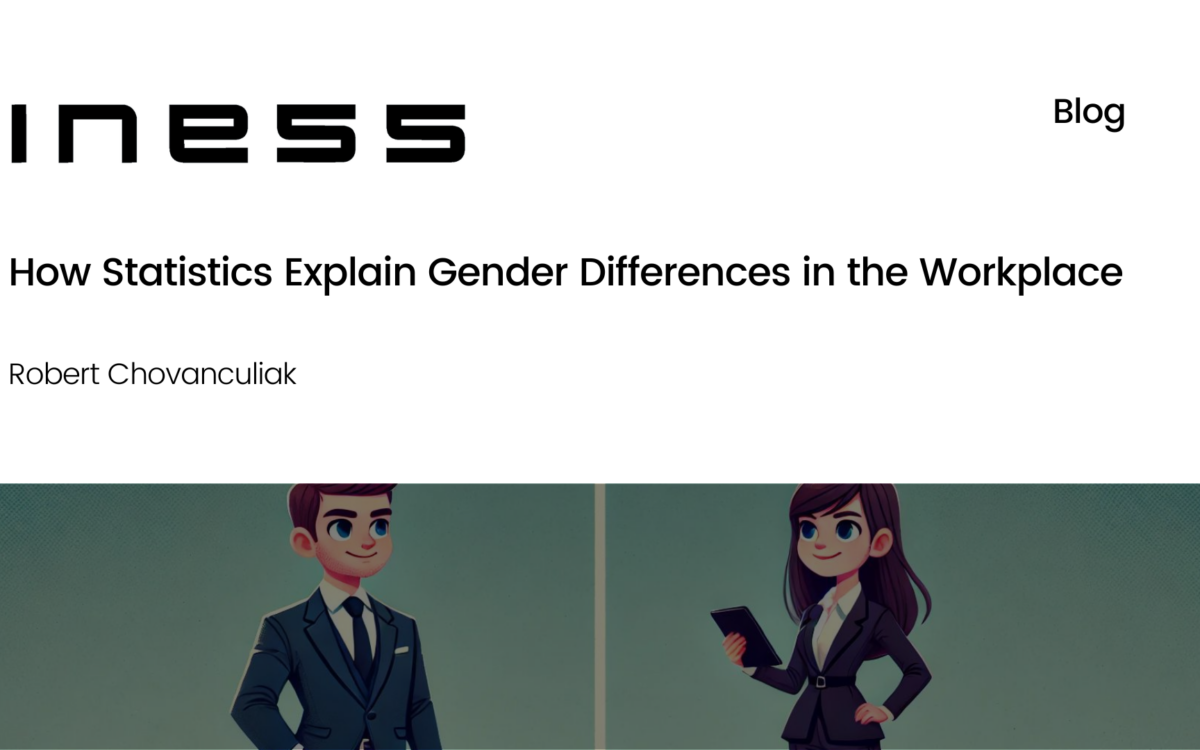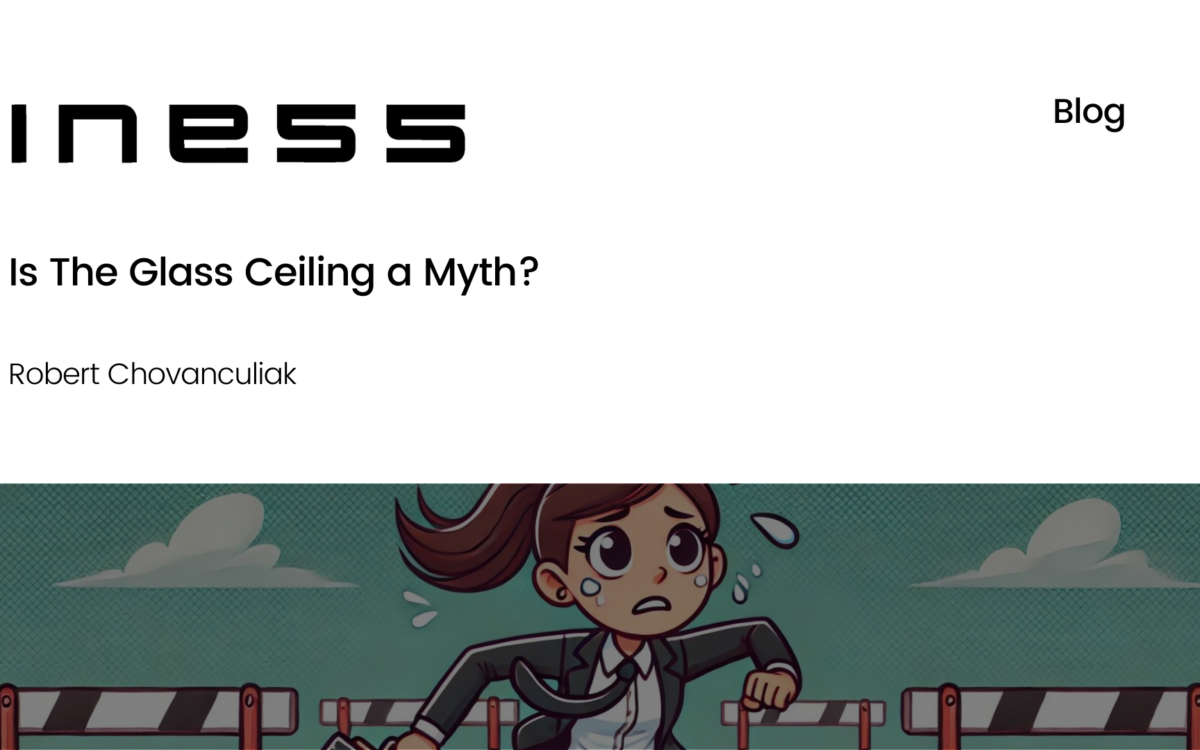Unleashing The Potential For EU Soft Power

Unleashing The Potential For EU Soft Power
Sangeeta Unnikrishnan // 14 September
Contemporary discussions on the Eastern Neighbourhood and the future of the Union following Brexit would do well to consider the role of soft power, or the ability to persuade without using force. The attractiveness of the European Union (EU) model plays a pivotal role in its pursuit of influence and stability, especially considering its modus operandi of exerting power through non-military means. Given that the EU lacks a unified foreign policy, a key source of soft power, where does its soft power originate, and how can it be maximised?
The EU’s nature as a union amplifies the role of political values as a source of soft power by requiring certain values to be respected for membership: the presence of stable democratic and legal institutions, respect for human rights and minorities, and a functioning market economy. This perhaps reached its peak during the 2004 enlargement, when 10 states, many previously part of the former Eastern Bloc, joined the union. In this period, the EU wielded significant soft power through its ability to instigate reforms, demonstrating the fundamental attractiveness of becoming a part of the EU.
However, the reality of how this attraction operates is complicated. As Turkey’s stalled accession shows, reforming to fit the EU’s criteria is an intricate task requiring long-term, active commitment from both sides. The EU’s attractiveness has also faded, particularly following the euro crisis in 2008 – the effects of the inability to solve the crisis reverberated across the globe and highlighted tensions between member states at differing levels of prosperity. The negligible economic growth in Western and Southern Europe in the subsequent years also played a damaging role. Disunity within the EU caught the limelight with Brexit: this image of a splintering union unsurprisingly hampers EU’s appeal to potential members and to other trading partners. Alongside this, the growing scope of EU regulations has increasingly attracted accusations of encroaching onto member states’ sovereignty, burdening businesses by constraining their potential to react, and burying them in inefficient bureaucracy.
Soft power is, nevertheless, a significant tool to have in one’s hands. Especially in the Western Balkans or Eastern Europe, perceptions of the EU as a model of prosperity are imperative for countries to want to integrate into the single market. For countries with emerging authoritarian tendencies, perhaps by emphasising the benefits of EU membership, and the role of democracy and rule of law in resisting these forces, there can be incentives for the accession process to be accelerated. With certainty, soft power needs greater prioritisation, especially due to the relatively small costs associated with policies that can have a significant impact.
One example of a way to enhance soft power would be to publicise collaboration, acting quickly to utilise member states’ surge in attachment to the union following Brexit. For this, the powerful and underutilised tool of cultural diplomacy could be employed: the exchange of ideas through music, film, or art. The ASEAN–EU Cultural Festival, held in September 2022, could be seen as one instance of exciting youth-oriented cultural diplomacy in action: bringing together young artists to share their ideas and learn from one another. Since early 2023, the European External Action Service has also started to host contemporary art exhibitions in Brussels – encouraging such policies, and perhaps expanding to museum partnerships with non-EU countries, can engage different audiences and highlight the EU’s commitment to promoting cross-cultural co-operation. Cultural diplomacy creates a foundation of trust between populations; the results it produces may not be as tangible in the short-term, but they can be highly significant – for an example, think of the American soft power produced by the global fascination with Hollywood movies. Though much of the work here occurs at the grassroots level, by artists themselves, facilitating such collaboration by arranging partnerships would consolidate the EU as a vehicle for cultural engagement.
Fostering the fundamental attractiveness of being the largest single market is another route to boosting soft power. Economic prosperity is by far the greatest source of attraction to the EU, particularly for countries who can observe thriving EU countries and view integration as a way towards securing their own success. Simplifying the regulatory environment would make the EU a more appealing place to do business – creating positive market outcomes which then showcase the EU as prosperous, leading to further knock-on effects such as greater trade with third-parties. Therefore, the market reforms needed to experience economic prosperity could also provide the added benefit of an increase in soft power.
As the COVID-19 pandemic demonstrated, new crises can quickly expose structural weaknesses in international networks and cause great damage in an increasingly interconnected world. Given that past economic prosperity has been a significant source of attraction, the proven sluggish growth of EU countries since the pandemic shows that recovery must receive greater attention for this attraction to continue. Proving competence in responding to the range of international incidents the EU experiences will be fundamental in the coming years to bolster its attractiveness and thereby maximise its soft power.
The EU’s nature as a union does limit its soft power capacities in some respects, as it cannot rely upon all the strategies used by individual countries. However, the solution is, therefore, to capitalise on the unique opportunities that result from this identity – as briefly discussed here, these are plentiful. The summary is obvious: modelling success is vital, whether this be through economic prosperity via the necessary reforms, rapid recovery following crises, or cultural engagement. Prioritising these tasks will not only directly create positive outcomes, but the soft power it produces will also have knock-on effects on the EU’s influence and stability.
EPICENTER publications and contributions from our member think tanks are designed to promote the discussion of economic issues and the role of markets in solving economic and social problems. As with all EPICENTER publications, the views expressed here are those of the author and not EPICENTER or its member think tanks (which have no corporate view).



